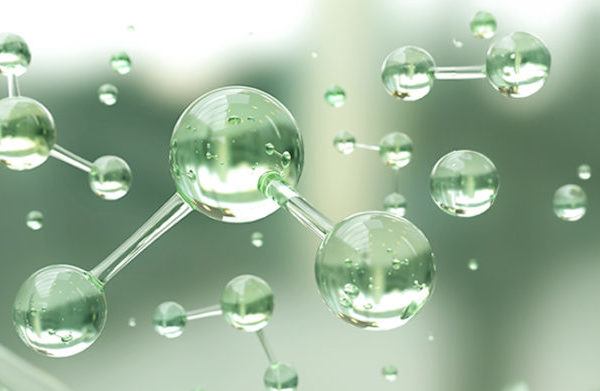
SHA Magazine Health & Beauty
Vitamin D, key to healthy immune system and bones
Vitamin D has proved to be a vital necessity these days: it not only protects our bones but also makes a decisive contribution to a strong and active immune system.
Within our bodies, vitamin D is transformed into a real hormone with a variety of functions. One of its main benefits is to maintain calcium (and secondarily phosphorus and magnesium) and plasma levels at optimal levels to play their fundamental role in the mineralisation of the bone system at all stages of life.
“Other benefits are also the correct regulation of neuromuscular activity, the transduction of chemical signals between the various organs and, very importantly, the modulation of the natural defence system against infection”, says Dr Vicente Mera, head of the Internal Medicine area.
Crucial for activating the body’s defences
A recent study by the University of Copenhagen, and published in Nature Immunology, confirmed that vitamin D is absolutely essential for activating the immune system so that it is effective in providing strong defences against external threats. Without vitamin D, the so-called T cells (which are responsible for eradicating viruses and bacteria) do not react to serious infection.
T-cells are a type of white blood cell that is able to detect and suppress groups of bacteria and viruses that get into our bodies.
When they are exposed to a pathogen from outside, they emit a kind of receptor that looks for vitamin D in order to act. If they do not find it, the T-cells will not even be able to mobilise.
According to the study’s findings, stable vitamin D levels in the body would considerably reduce the risk of infection, autoimmune diseases, certain types of cancer and osteoporosis.
How do we get a sufficient supply of vitamin D?
Obtaining vitamin D depends on several factors of varying importance depending on the individual and are often connected to each other.
“Mainly are the digestive contribution, exposure to sunlight, liver activation and especially the kidney. The interactions between the different levels are multiple, as well as the efficiency of the vitamin receptor in the different target organs, which can be the cause of symptoms and deficiency signs even with adequate plasma concentrations“, details Dr Vicente Mera.
It is essential to include foods rich in vitamin D in our diet. “In the SHA diet, we especially recommend foods of vegetable origin, as they do not have the disadvantages of animal products on body weight and cholesterol metabolism“, specifies the SHA Wellness Clinic specialist.
Another way of obtaining vitamin D is through exposure to the sun, although this is something to be handled with caution due to the harmful effects of ultraviolet rays.
And, of course, we should not forget about supplementation, which is especially useful for reaching places where food itself is not sufficient for whatever reason.
From skin to dietary deficiencies: when can vitamin D deficiencies appear?
There are several factors that can cause vitamin D deficiency. As Dr Vicente Mera points out, one of the most common is “not providing enough vitamin D-containing foods, for example in strict vegetarian diets or low consumption of fish from the high seas“.
Other reasons may include spending little time outdoors, living in climates with low sun exposure or using sunscreens. Also, the inability of the body to produce and use vitamin D due to some pathology, the most frequent being a coeliac disease, often undetected or under-diagnosed.
However, as Dr Vicente Mera points out, “a dietary deficiency of calcium and phosphorus is rare in developed countries because these minerals are found in milk and green leafy vegetables“.





